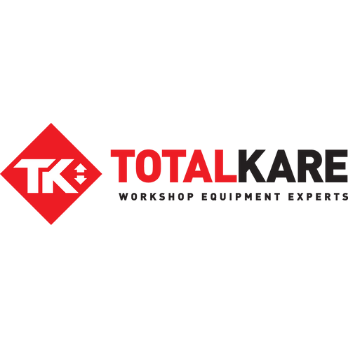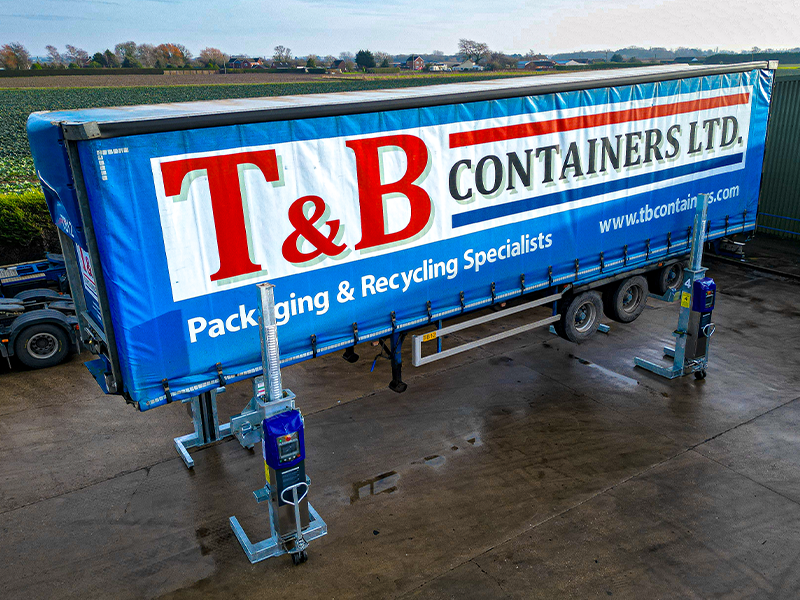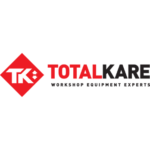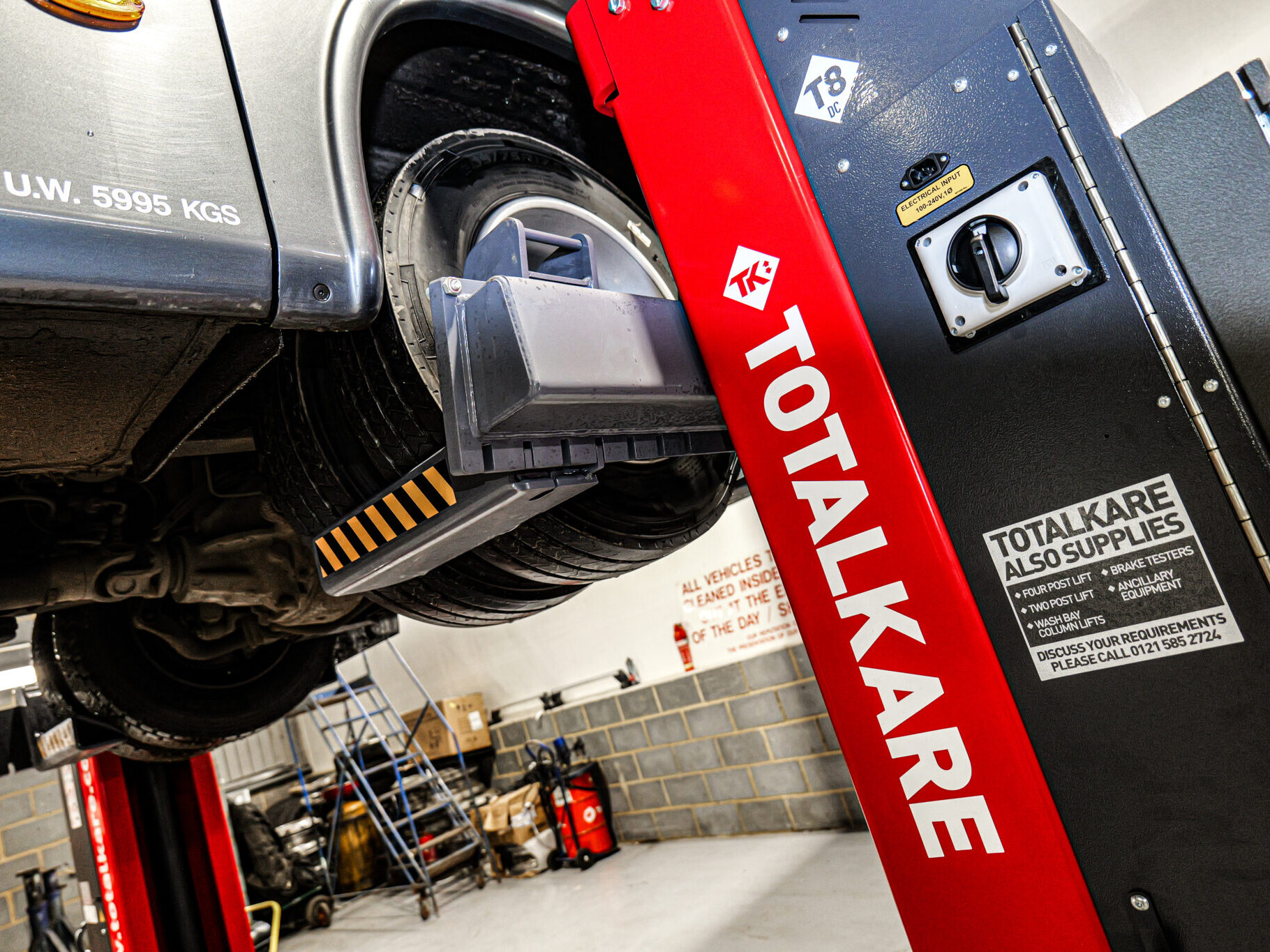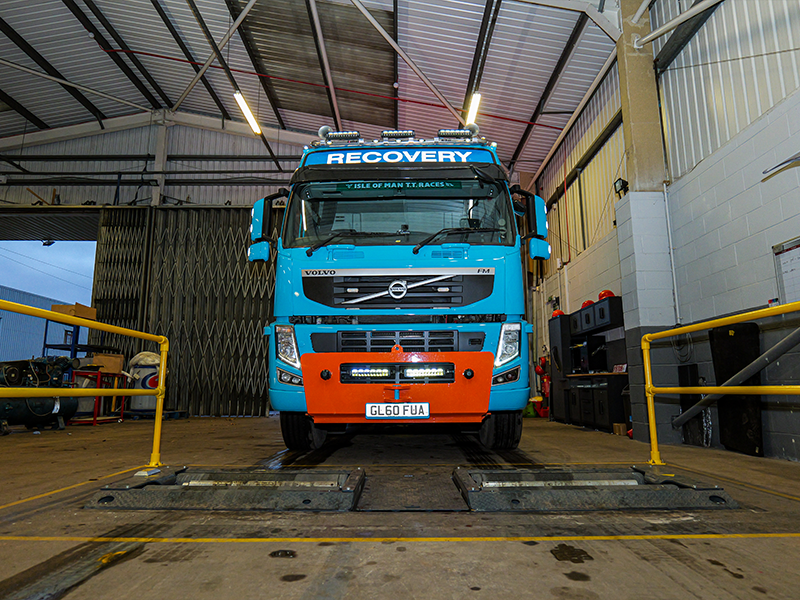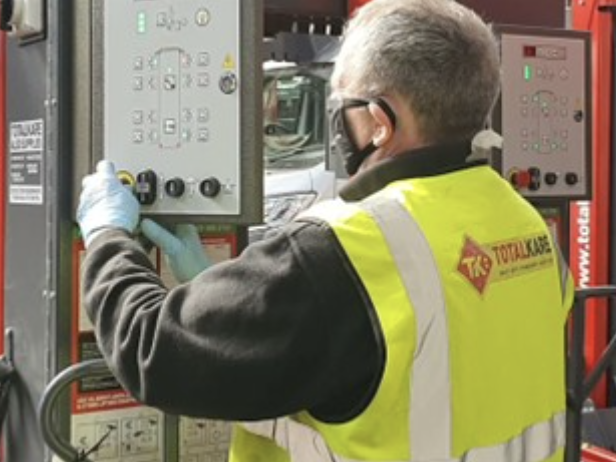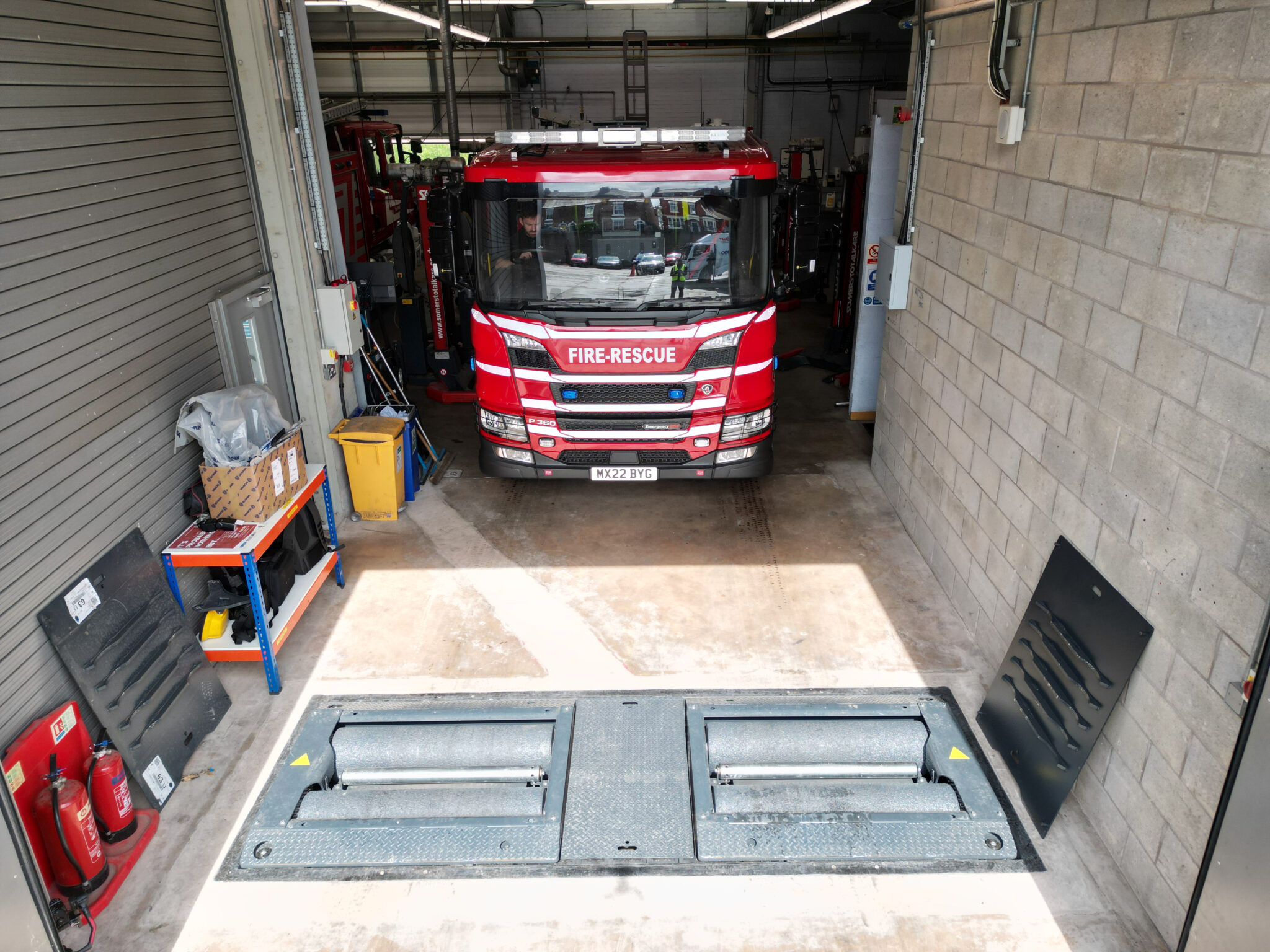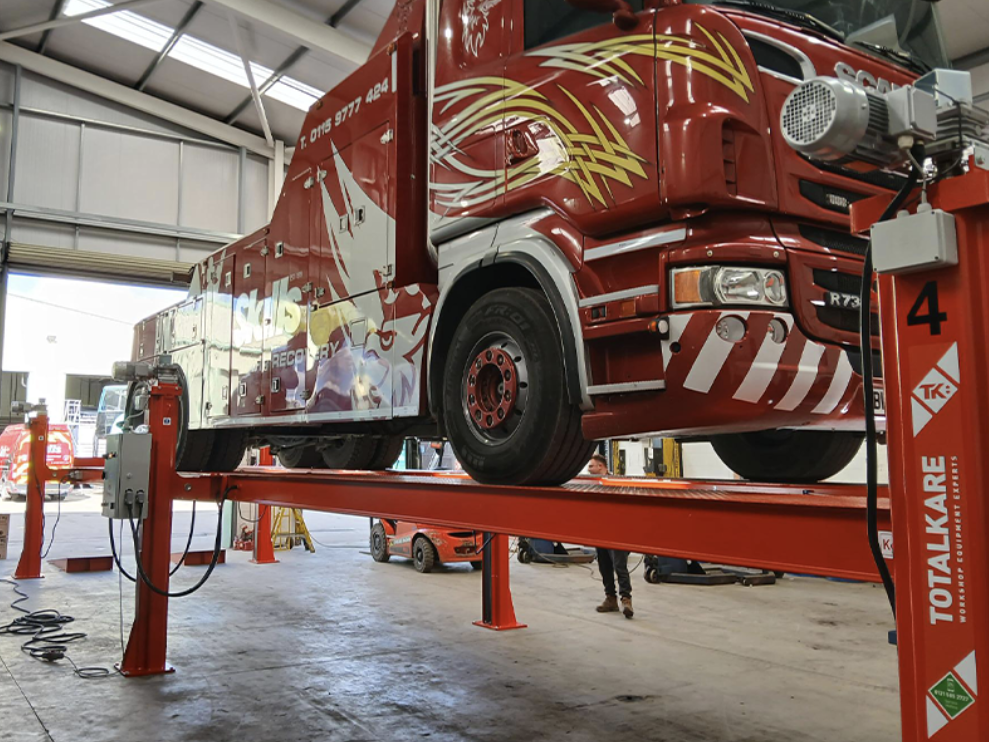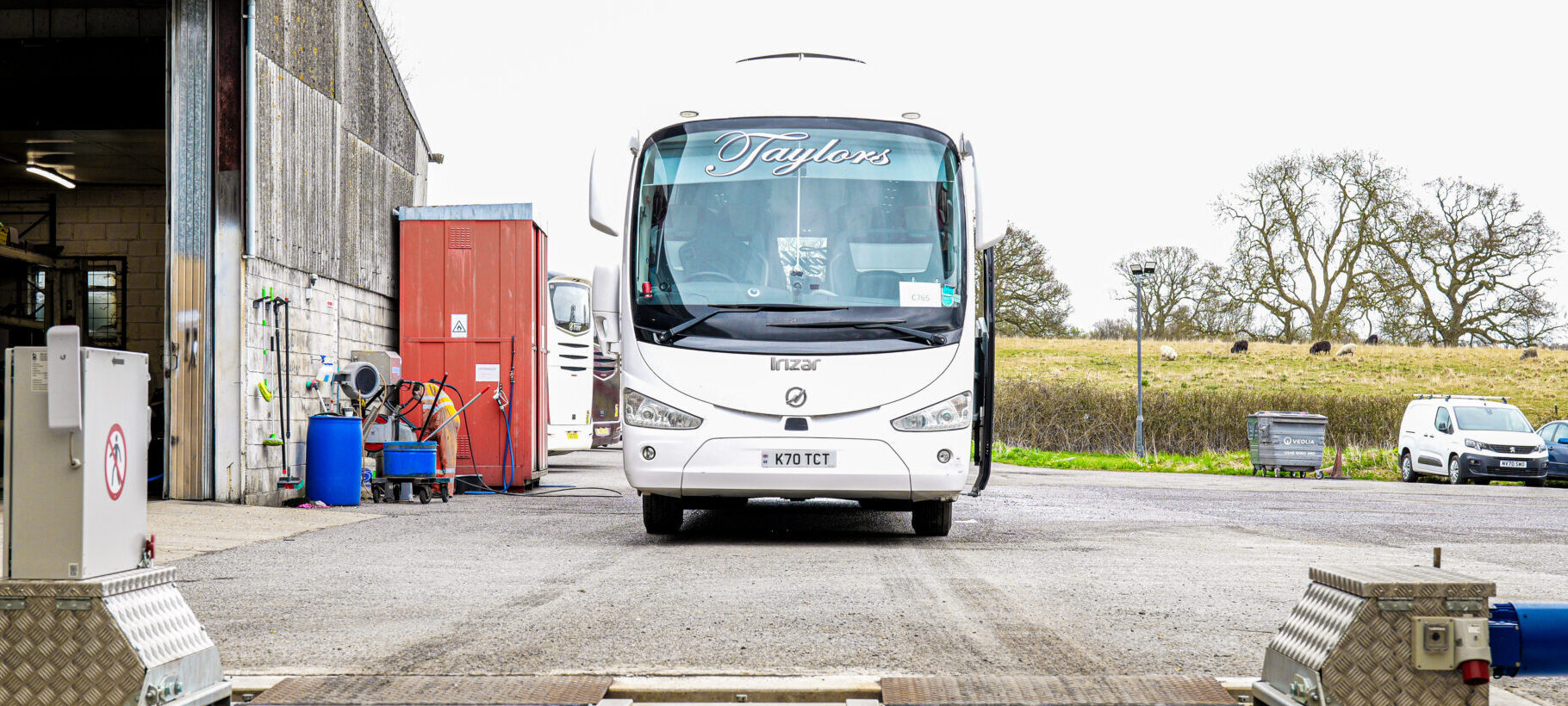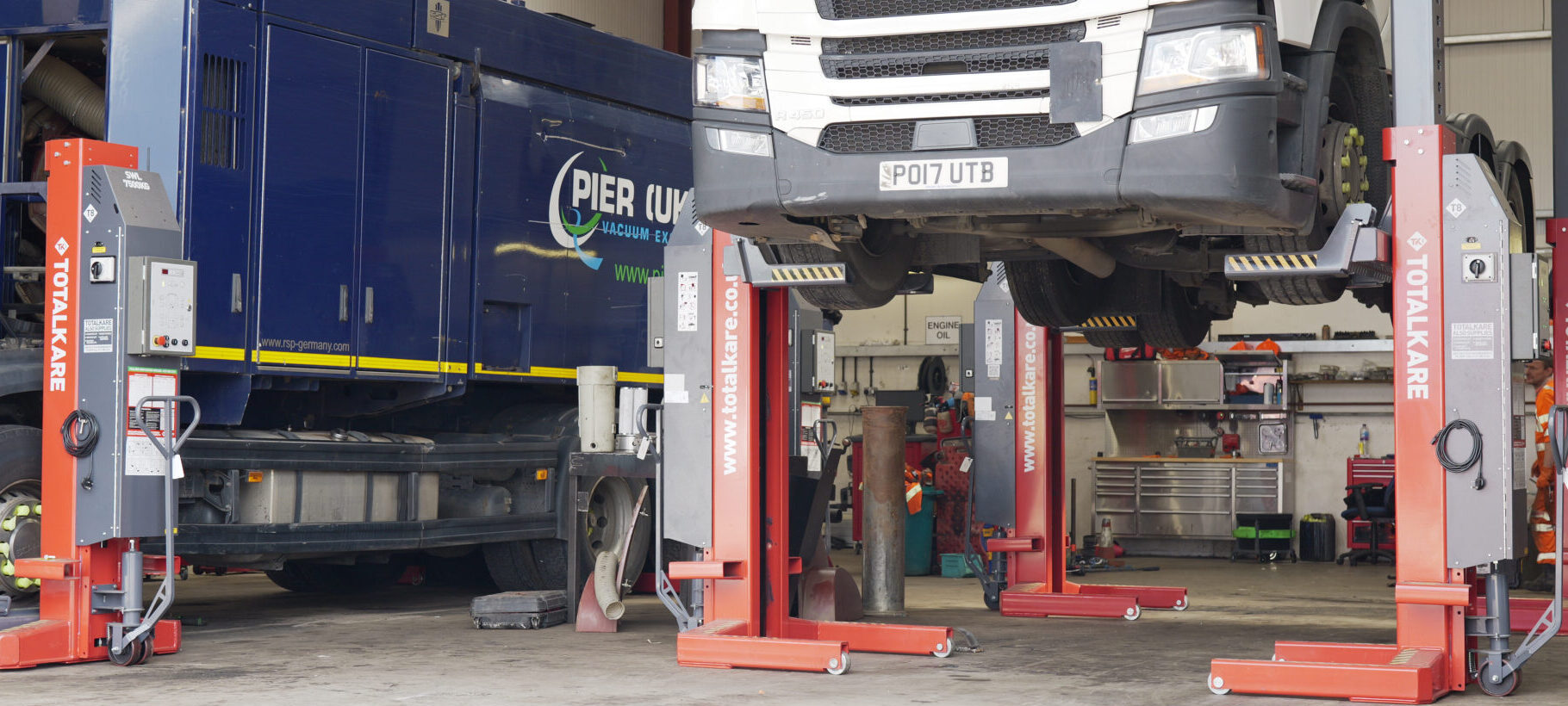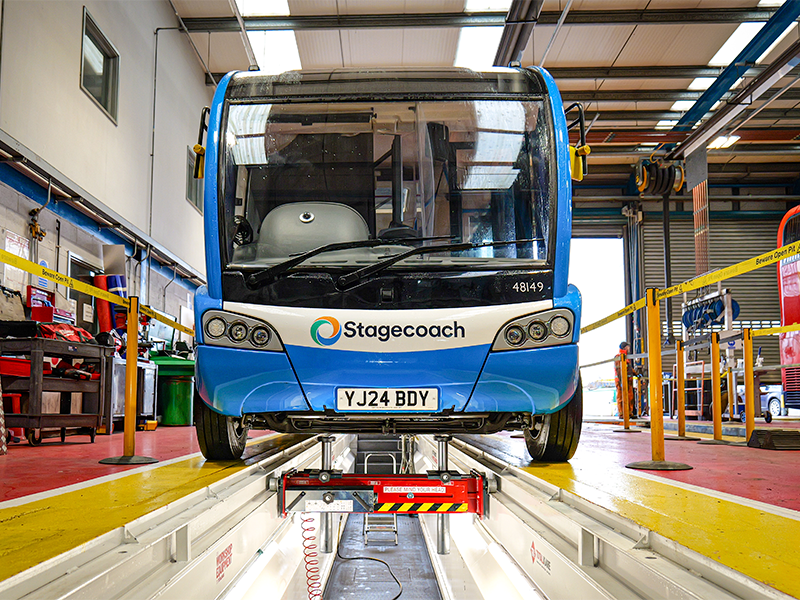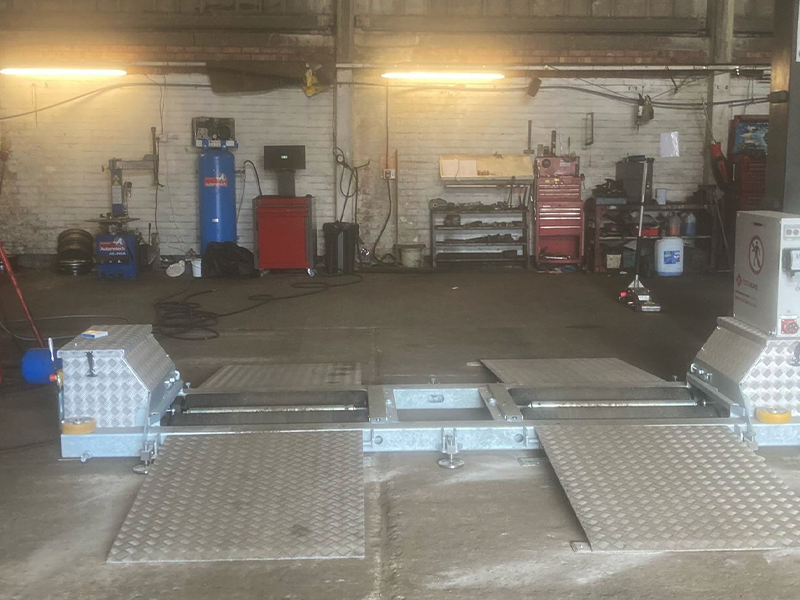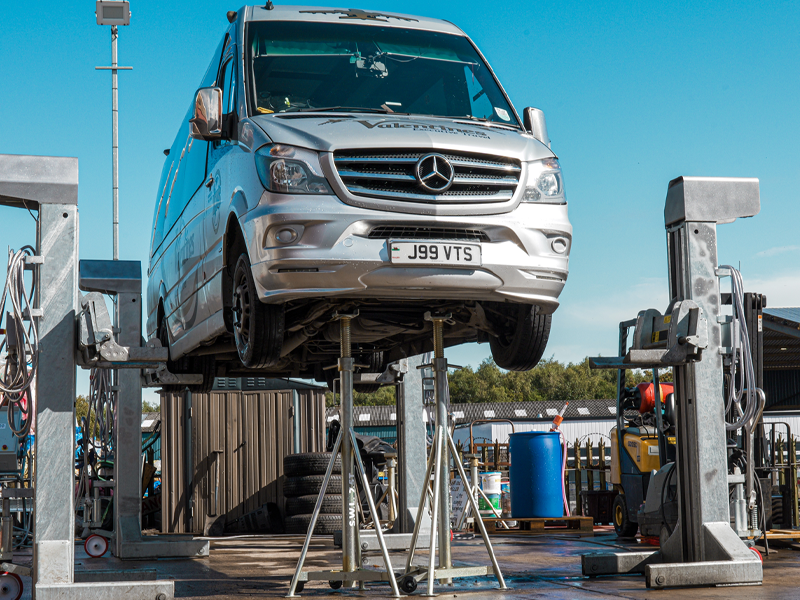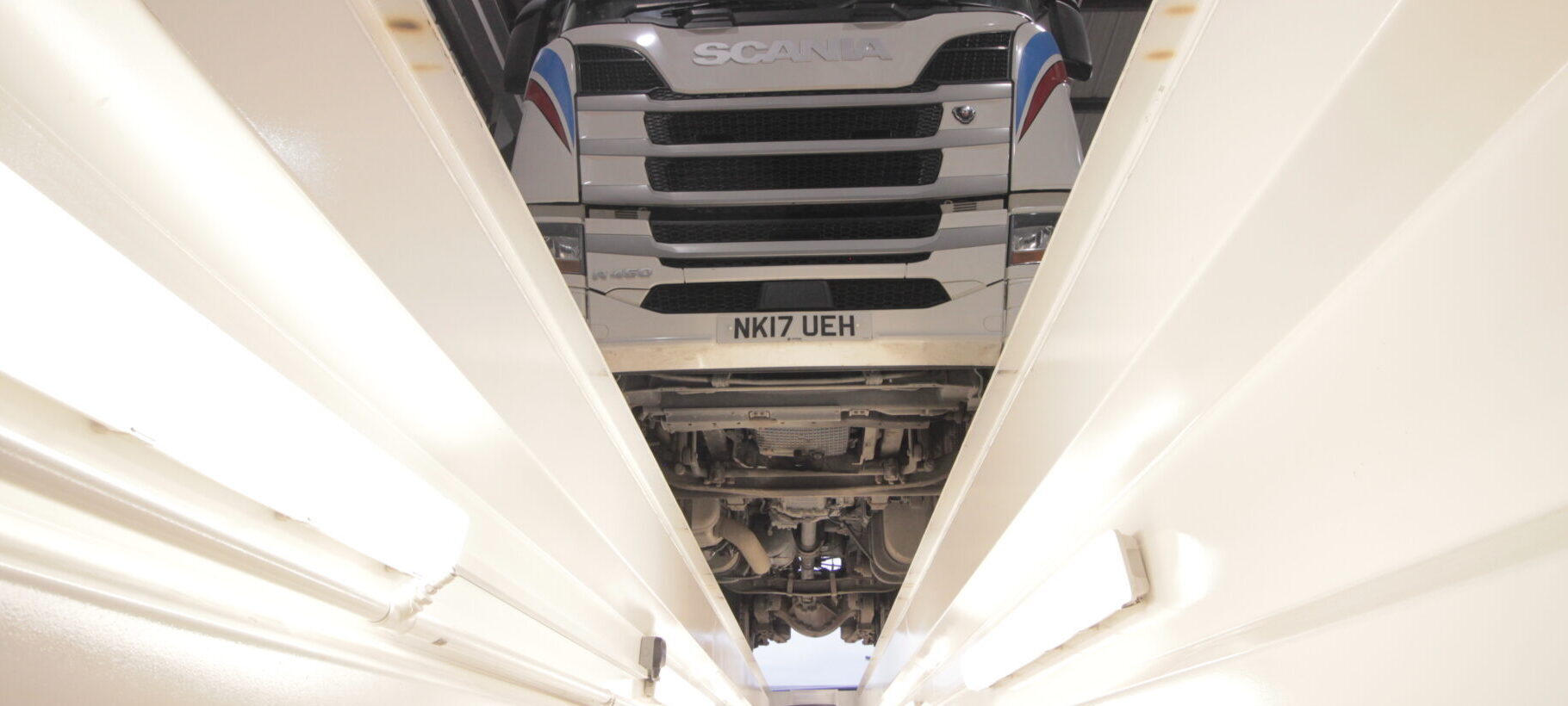With so much invested in your workshop equipment, it pays to keep your tools in top condition.
But plenty of workshops are falling behind, leaving equipment maintenance as a low priority.
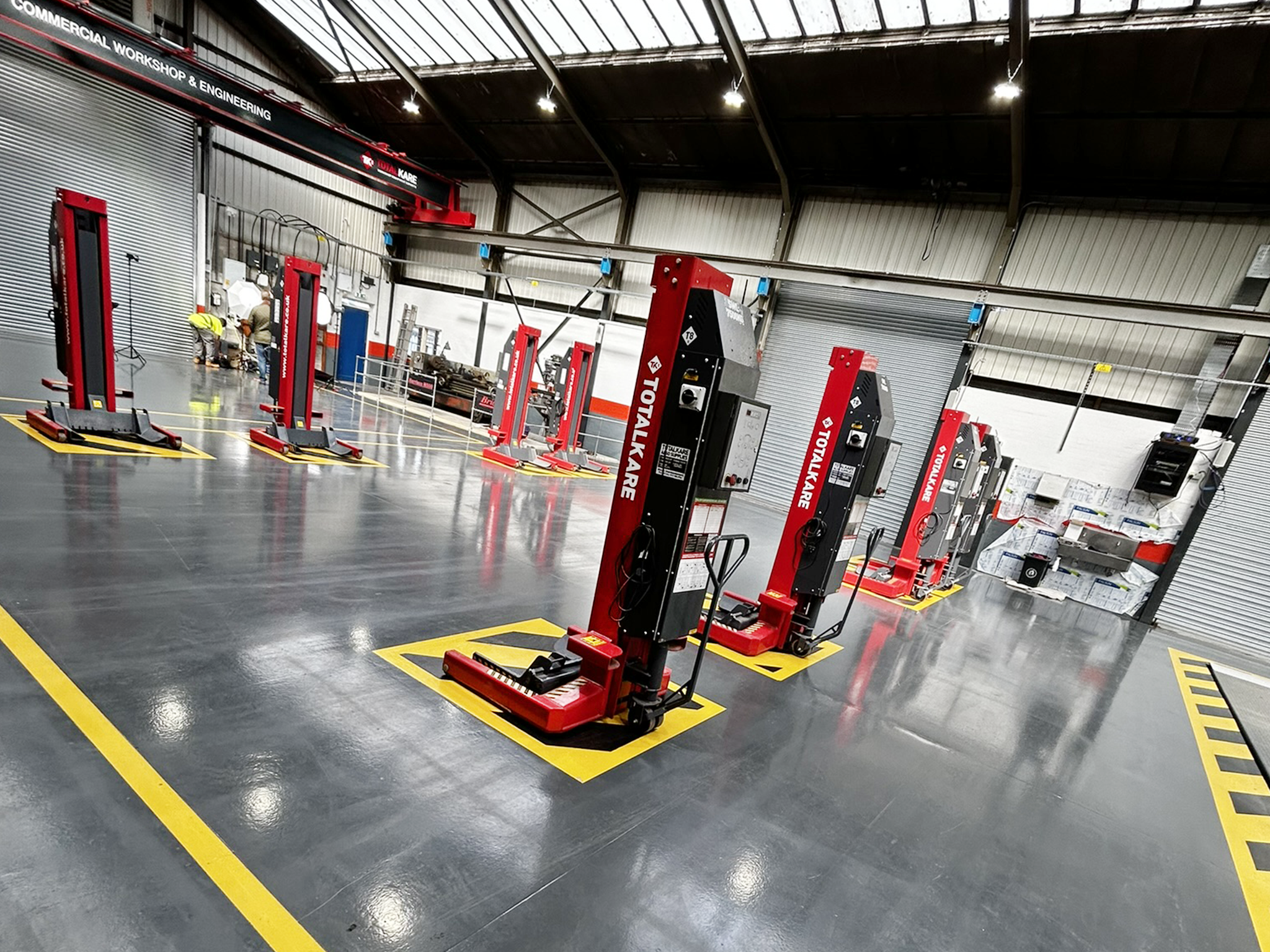
It’s not just about dealing with downtime and lower output. There’s a whole range of risks that come with neglecting equipment maintenance — and the worst-case scenarios could be catastrophic for your business.
Here are the risks you need to know:
Safety Risks
This is a big one — and it should be enough of a reason by itself.
Without regular maintenance, you’re flying in the dark. You don’t know what kind of condition your equipment’s in, and how close you are to suffering a fault or a failure.
And with more than a third (35%) of accidents in manufacturing industries related to equipment failure, a lack of maintenance could have a huge impact on the safety of your teams.
Over time, even the toughest bits of kit can suffer wear and tear. The structure of your equipment can develop stresses and fractures that aren’t always visible, weakening their capacity and increasing the risk of a failure or a break.
For workshops using heavy-duty lifts, the consequences could be severe. But smaller tools can lead to safety risks, too — especially with load-bearing equipment like manual handling tools or tyre changers.
So if you’re running a tight ship where safety is a priority, you need to make equipment maintenance and regular service visits a non-negotiable part of how you operate.
Financial Risks
For some workshops, equipment maintenance is another unwelcome cost — and an opportunity to save money by doing the bare minimum.
But in the long run, the cost of regular maintenance could save you more money:
With frequent service visits and regular maintenance, you’re able to catch problems early and carry out small, low-cost repairs. These low-cost repairs mean that smaller issues never get the chance to develop into serious faults — with serious costs.
In fact, early preventive maintenance can save up to 18% in maintenance costs when compared to reactive maintenance after problems develop.
(And that’s before you start to think about the costs of compensation and legal fees if your equipment causes an accident!)
Legal Risks
In the worst-case scenario, a lack of equipment maintenance could lead to injuries and harm to your teams.
That’s a situation that nobody wants. But as well as the ethical side of things, you could also be vulnerable to legal action:
You could face heavy payouts for compensation and medical expenses, or even find your company sued for negligence — all because of a lack of maintenance on the equipment your teams use.
But even without an incident or accident, you could still be in legal hot water:
Under the government’s LOLER and PUWER legislation, you’re responsible for the thorough examination and inspection of your equipment. It’s up to you as an employer to make sure the equipment is well maintained and safe for use — and you could face fines (or worse) if you’re found to be non-compliant.
Morale and Retention
Beyond the short-term problems that come with a lack of maintenance, there are others that aren’t so obvious.
When your teams come to work, they’re putting their trust in you as an employer. They expect the equipment they use to be safe and fully functional — and a single incident can quickly break that trust.
People don’t want to work in a place where safety isn’t taken seriously. They don’t want to work with equipment that performs poorly, or for a company that’s cutting corners at the cost of equipment safety.
So for any workshop that’s looking to the long term — aiming to build a lasting team that feels happy and safe — keeping your equipment in top condition should never be something that gets neglected.
Need Someone To Take the Strain?
As your company grows (and your equipment grows with it), it gets harder to keep up with the maintenance schedule your equipment needs.
That’s why lots of workshops choose a service contract with the suppliers they use — setting up regular visits from expert engineers to help them stay compliant and keep their workplace safe.
Our Totalkare Afterkare service gives you exactly that:
With regular service visits and discounts on parts (as well as national breakdown coverage and 24-hour phone support), you can be confident that your maintenance is scheduled, and your obligations are covered.
You can take a look through our different service packages — or start a chat with a workshop expert to find out exactly what you need for your business.
This article was originally published by Totalkare Ltd.


